In the hotel industry, standing out is not just a matter of luxury, it's a matter of character. The "lifestyle" trend is gaining momentum, proving that identity and experience are the new currencies of the sector. Why?
Because in a world where choices abound, travelers seek not just a bed for the night, but a story to live, share, and tell.
We've examined this trend and identified 5 key areas to forge an unforgettable lifestyle signature for a hotel. We present them to you in this article. These approaches are not only effective, they are the ones that captivate, retain, and generate buzz.
Ready to be inspired? Let's go!
Photo credit: Mama Shelter Los Angeles
Because in a world where choices abound, travelers seek not just a bed for the night, but a story to live, share, and tell.
We've examined this trend and identified 5 key areas to forge an unforgettable lifestyle signature for a hotel. We present them to you in this article. These approaches are not only effective, they are the ones that captivate, retain, and generate buzz.
Ready to be inspired? Let's go!
Photo credit: Mama Shelter Los Angeles
1. Hotel Design: Creating memorable experiences through ambiance and aesthetics.
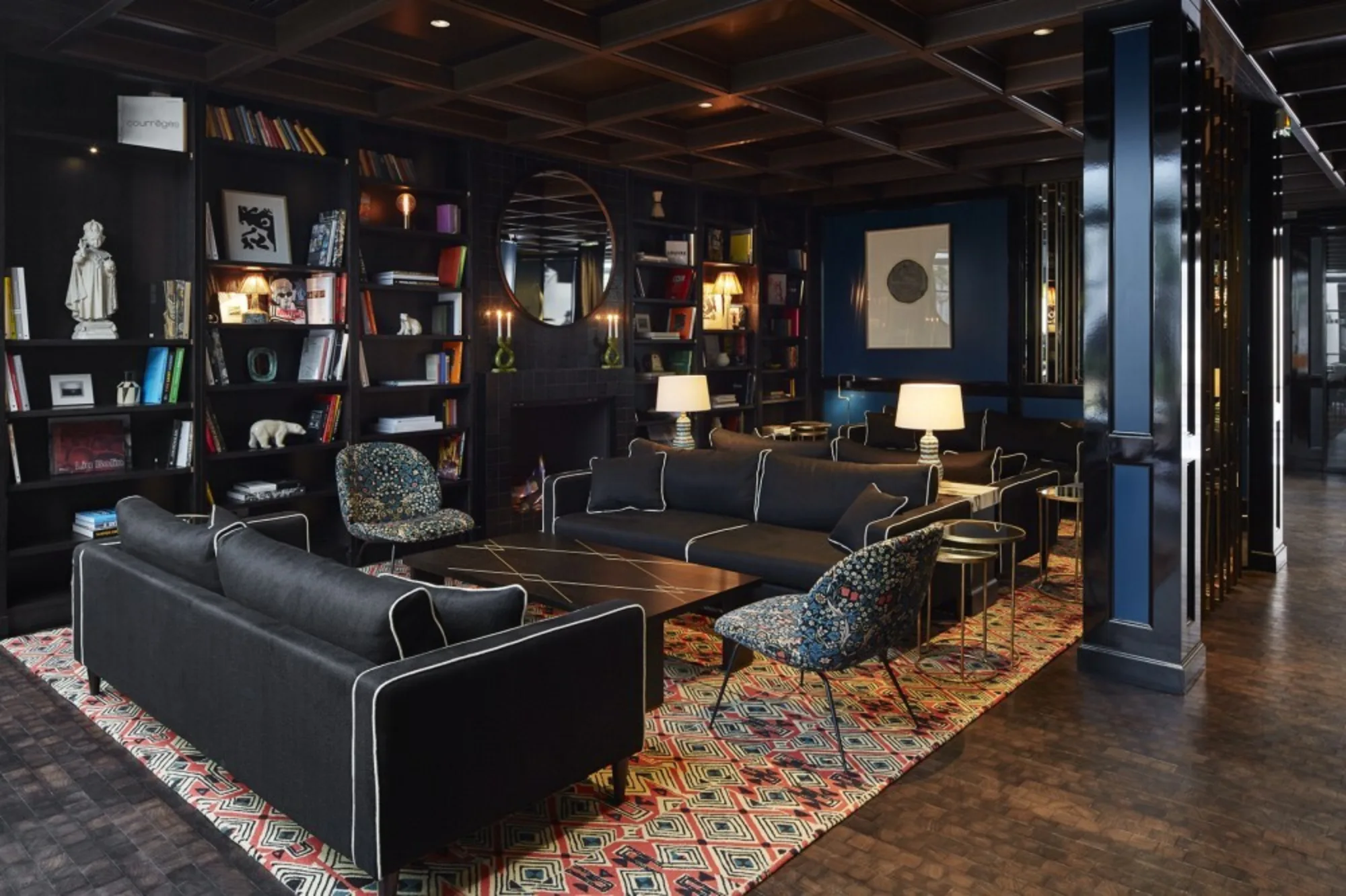
Lifestyle hotels are distinguished by aesthetic spaces where every detail reflects the distinctive identity of the destination. Bold marriages of styles and textures, tailored to each space, as well as standout elements like artistic installations, contribute to the creation of visually stimulating and memorable environments.
To bring these visions to life, establishments enlist renowned designers such as Sarah Lavoine or Philippe Starck, for example, who bring their specific touch to design unique universes.
Photo credit: Le Roch Hotel & Spa, Maison Sarah Lavoine studio
To bring these visions to life, establishments enlist renowned designers such as Sarah Lavoine or Philippe Starck, for example, who bring their specific touch to design unique universes.
Photo credit: Le Roch Hotel & Spa, Maison Sarah Lavoine studio
2. When luxury brands inspire wanderlust.
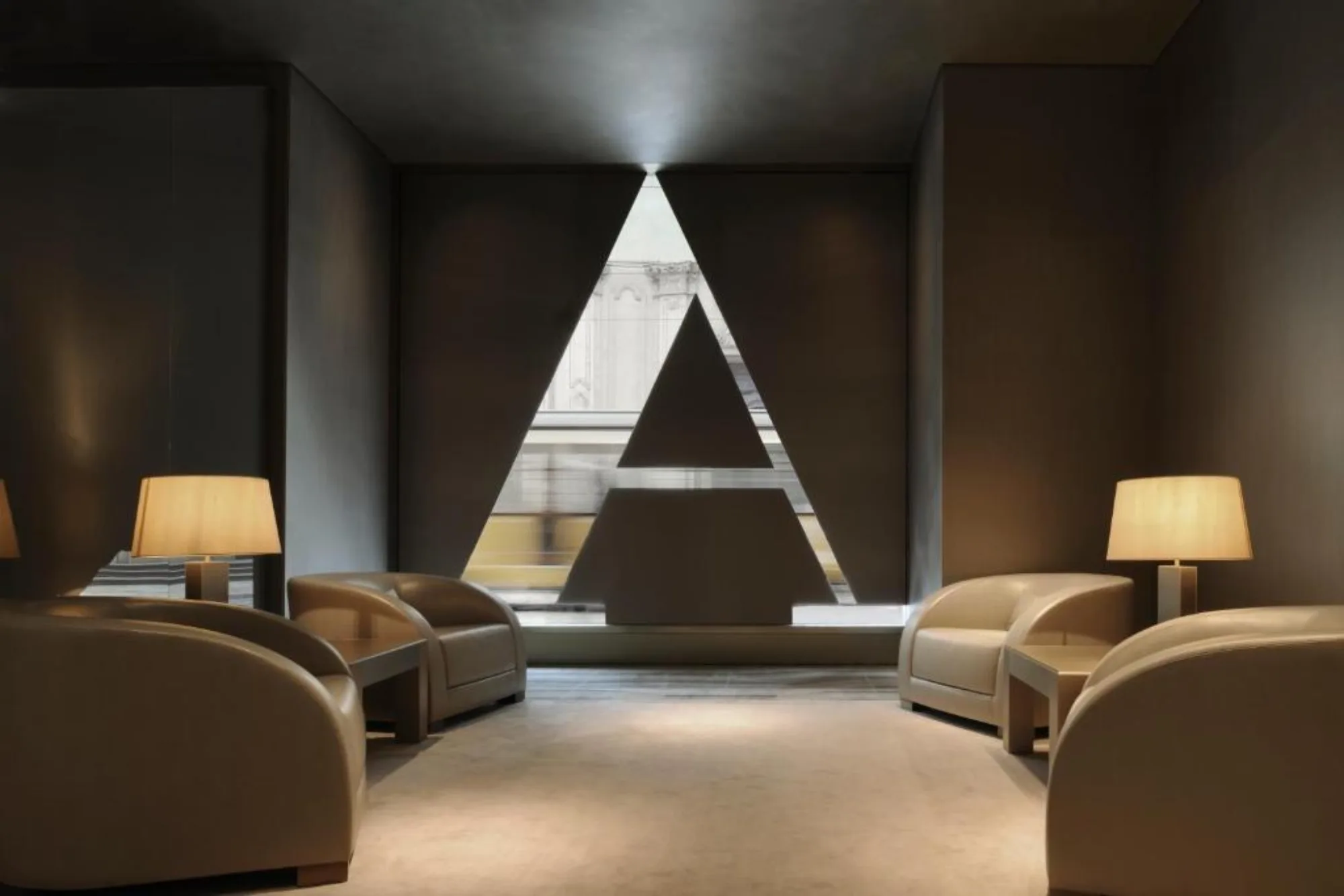
Luxury brands, renowned for their excellence in the worlds of fashion, jewelry, and haute couture, have been venturing into the hospitality realm in recent years. Fendi, Dior, Bulgari, Armani, and Baccarat have already embraced this trend, setting a new standard in the guest experience.
By investing in hospitality, these luxury brands translate their unique expertise into the creation of environments where every detail, from interior decoration to services offered, is designed to evoke the essence of the brand. In doing so, they offer guests not only a place to stay but a total immersion into the brand's universe, an opportunity to live and breathe its heritage and values during their stay.
For example, Armani Hotels showcase a minimalist and elegant aesthetic, a signature of the Armani style.
Photo credit: Armani Hotel Milano
By investing in hospitality, these luxury brands translate their unique expertise into the creation of environments where every detail, from interior decoration to services offered, is designed to evoke the essence of the brand. In doing so, they offer guests not only a place to stay but a total immersion into the brand's universe, an opportunity to live and breathe its heritage and values during their stay.
For example, Armani Hotels showcase a minimalist and elegant aesthetic, a signature of the Armani style.
Photo credit: Armani Hotel Milano
3. Rooftops: The trendy asset of modern urban hotels.
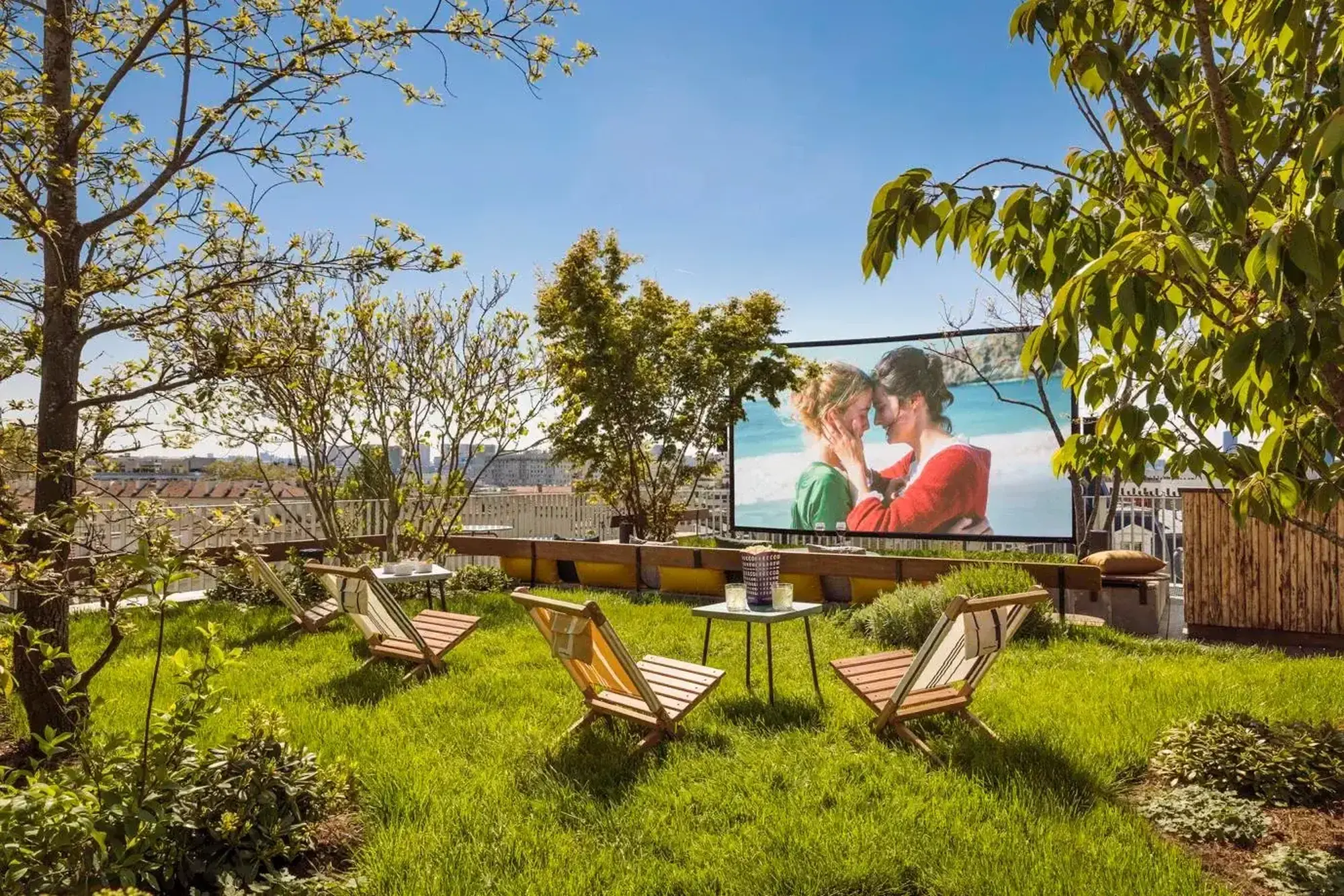
Becoming essential for urban hotels, rooftops elevate the guest experience with panoramic views, elegant atmospheres, and social spaces. Often equipped with sophisticated bars and upscale restaurants, they transcend traditional offerings, enhance the hotel's reputation as an iconic city landmark, and are conducive to social media sharing.
Among the most original rooftops are the open-air cinema at the Paradiso Hotel by the MK2 brand or the pool at Villa Copenhagen in Denmark.
Photo credit: Hotel Paradiso MK2
Among the most original rooftops are the open-air cinema at the Paradiso Hotel by the MK2 brand or the pool at Villa Copenhagen in Denmark.
Photo credit: Hotel Paradiso MK2
4. Attracting local clientele with an exclusive way of life.
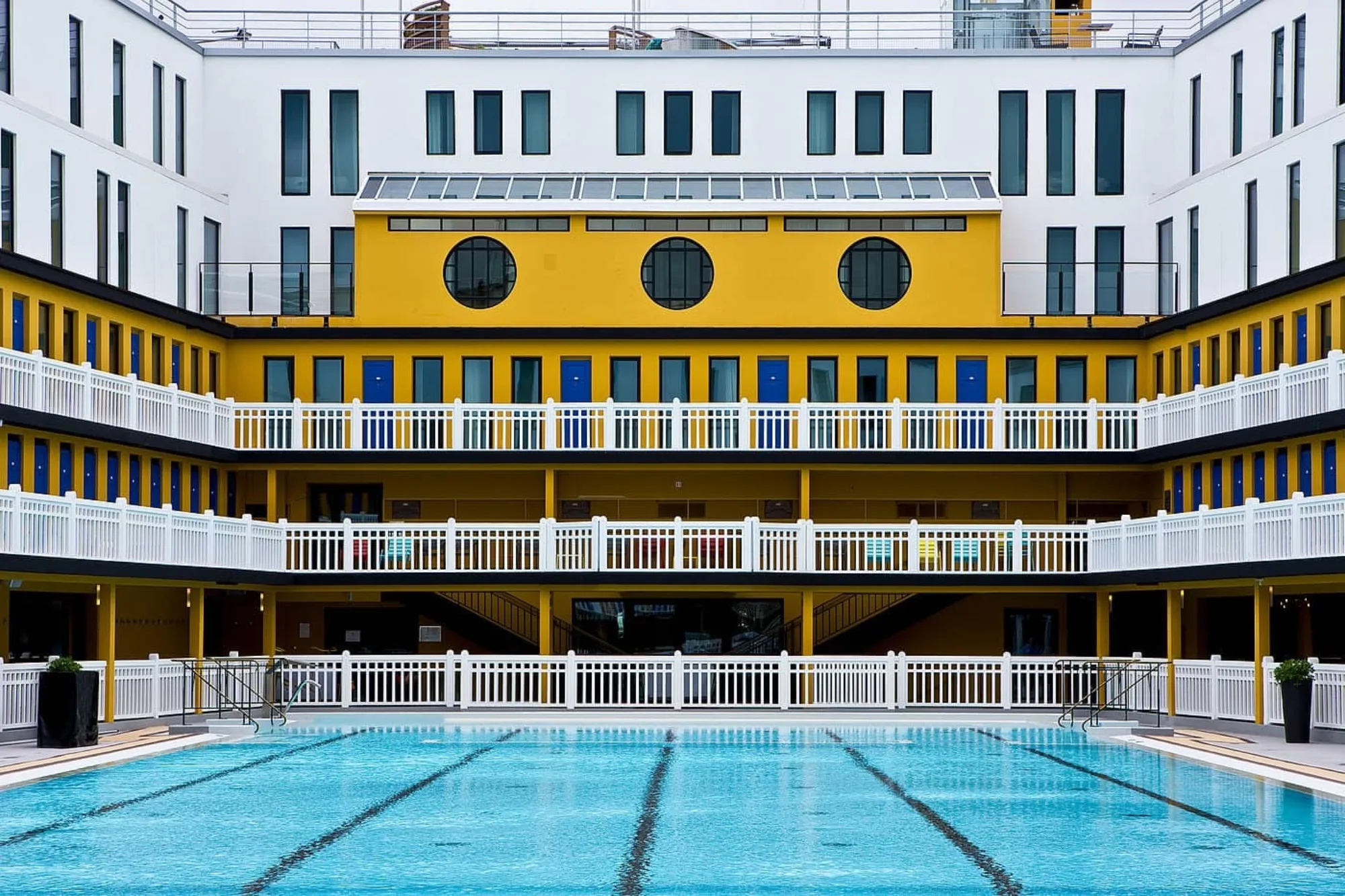
The growing trend of local tourism, combining ecology and economy, is gaining momentum. Locals are now a clientele to be retained. Hotels respond to this evolution by creating unique experiences, collaborating with local artisans, and setting up coworking spaces.
They establish offerings akin to exclusive clubs for residents, ensuring regular access to a distinctive lifestyle. This approach strengthens their integration into the community and diversifies their revenue streams.
One of the 'must-haves' in the 16th arrondissement of Paris? Having a membership card for the Club Molitor, granting access notably to the famous Molitor Swimming Pool!
Photo credit: The Molitor Hotel & Spa Paris, Molitor Swimming Pool
They establish offerings akin to exclusive clubs for residents, ensuring regular access to a distinctive lifestyle. This approach strengthens their integration into the community and diversifies their revenue streams.
One of the 'must-haves' in the 16th arrondissement of Paris? Having a membership card for the Club Molitor, granting access notably to the famous Molitor Swimming Pool!
Photo credit: The Molitor Hotel & Spa Paris, Molitor Swimming Pool
5. The table becomes a destination.
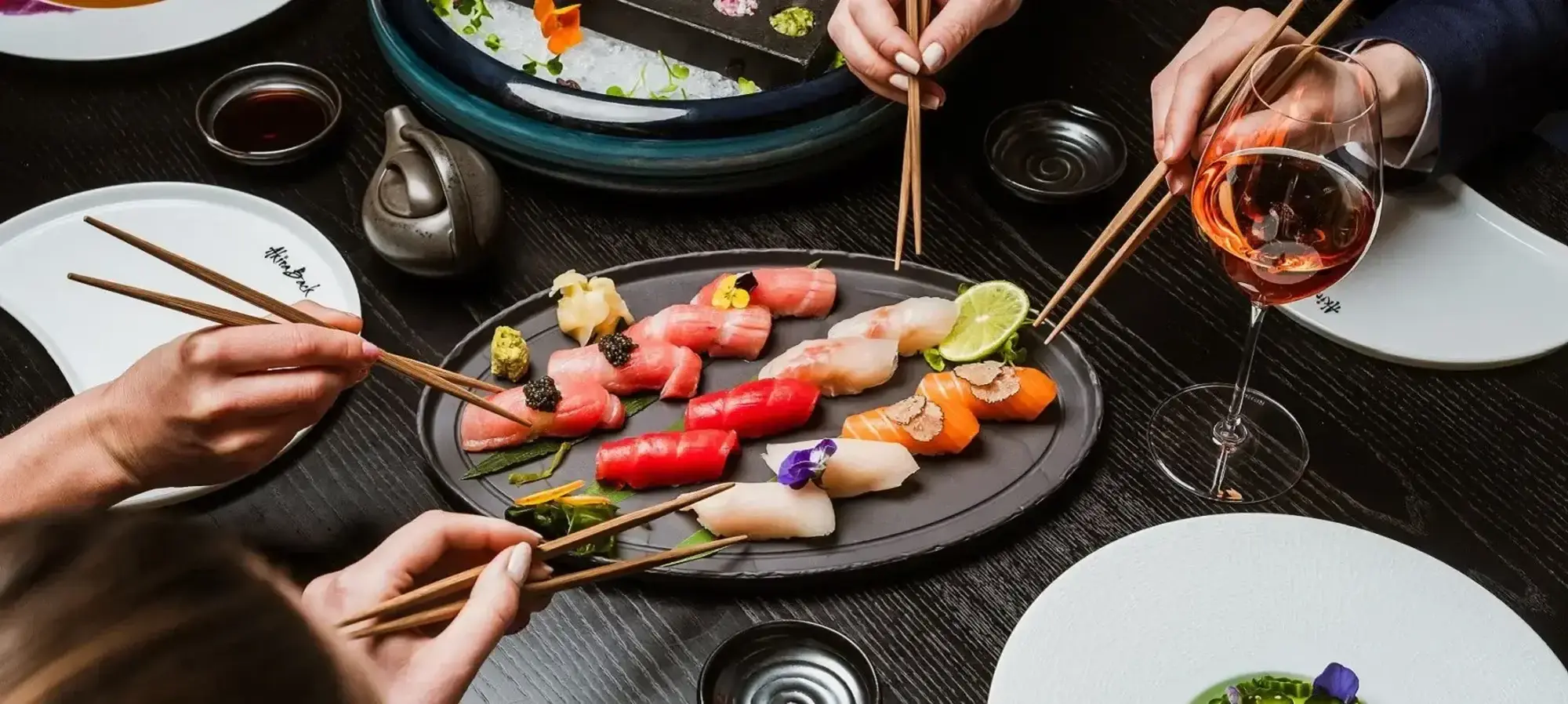
More and more chefs are opening hotels centered around restaurants designed as destinations in themselves. The hotel chain Mama Shelter even describes itself as "restaurants with rooms upstairs," highlighting the growing importance of bars and restaurants in revenue.
This approach aims to create synergy between the hotel and culinary offerings, attracting guests primarily for the gastronomy.
Luxury hotels collaborate with renowned chefs, host culinary stars, and explore various gastronomic concepts, sometimes offering multiple restaurants. This is notably the case with the trendy Japanese restaurant Akira Back, the new dining destination at the iconic Prince de Galles hotel, attracting both Parisians and visitors alike.
Photo credit: Akira Back Restaurant
The rise of lifestyle hospitality is an invitation to rethink the hotel experience, emphasizing uniqueness, innovation, and community engagement. These trends are not just responses to travelers' expectations; they are strategies for hoteliers aiming to create memorable and distinctive brands. And for you, as a hotelier, which signature inspires you the most?
To learn more about hospitality trends, download our white paper 'The Guide to 2024 Hospitality trends'.
To learn more about hospitality trends, download our white paper 'The Guide to 2024 Hospitality trends'.
Similar articles
